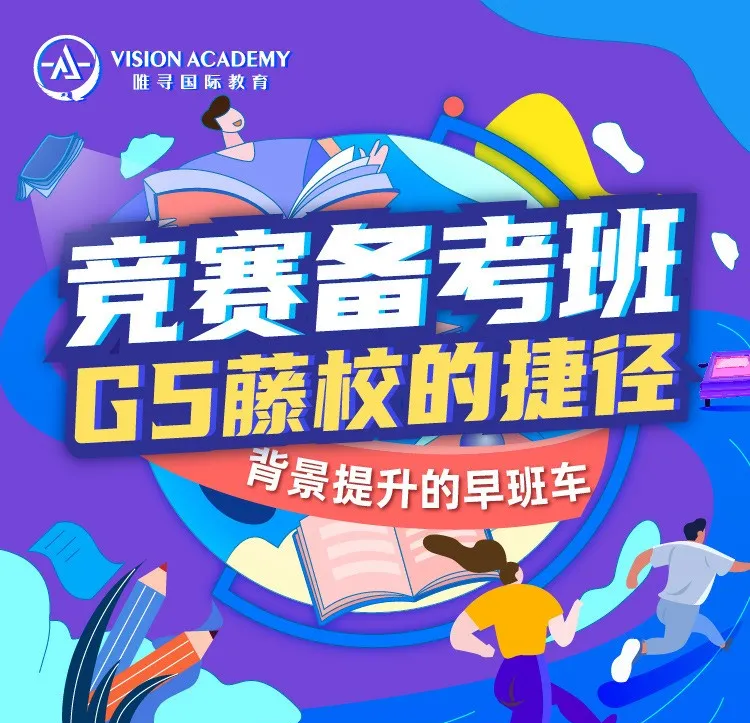离NEC的考试日期越来越近了,同学们都开始做一些真题来练练手了吗?下面就来给大家分享几道英文版的NEC真题,这几道题有没有难倒你呢?

1. According to Marxist theory, after the dictatorship of the proletariat and the withering away of the state have taken place, private property would
A. be returned to the rightful owners of the property before the revolution.
B. be controlled by a government elected by the workers' party.
C. serve as a taxable base to help the neediest in society.
D. provide incentives for central planners to use the property efficiently.
E. not exist; there would be communal ownership of property.
2. The theory of decreasing marginal utility (decreasing marginal value) implies that individuals will
A. spend less of their income on necessities as consumer incomes increase.
B. place the most value on the goods for which they are the lowest cost producers.
C. value the third hamburger they consume less than the second.
D. value the tenth hamburger they consume more than the ninth.
E. produce fewer products on the margin as more workers are hired.

3. According to the principle of the invisible hand,
A. everyone acting in his or her self interest leads to the best outcomes for society.
B. government must carefully guide economic activity to reach the best outcomes for society.
C. government policies work like an invisible handle on a safe to protect valuable resources.
D. producers must cooperate with each other so that low prices do not lead to negative profits.
E. when everyone intentionally pursues the best outcomes for society, they are guidedto help the neediest people the most.
4. According to the Coase theorem,
A. government should charge value-added taxes on firms that produce public goods.
B. government spending should replace taxation to balance the federal budget.
C. coastal properties should be protected from development.
D. under certain conditions, semi-public goods such as libraries can be providedefficiently by the government.
E. under certain conditions, bargaining between private parties can solve externalityproblems.
5. "The government bailed out banks that were in financial trouble because they made risky loans to borrowers who could not repay the loans. Banks therefore had incentives to make more risky loans because they expected government bailouts if they got in financial trouble again." Which of the following best describes these statements?
A. adverse selection
B. symmetrical information
C. public choice
D. moral hazard
E. Herfindahl index
如果你也正在计划参加NEC,想得到高效且专业的NEC竞赛培训,点击预约试听【唯寻竞赛复习班】,全球唯寻教学天团授课,熟练掌握NEC考察范围内各模块的经济理论知识,深谙比赛思维框架和能力要求,对历年真题进行深入分析和针对性训练,启发竞赛思维。

点击
查看。











































 沪公网安备 31010502004453号
沪公网安备 31010502004453号





 成功提交后我们将尽快与您联系,请注意来电!
成功提交后我们将尽快与您联系,请注意来电!







 成功提交后我们将尽快与您联系,请注意来电!
成功提交后我们将尽快与您联系,请注意来电!


